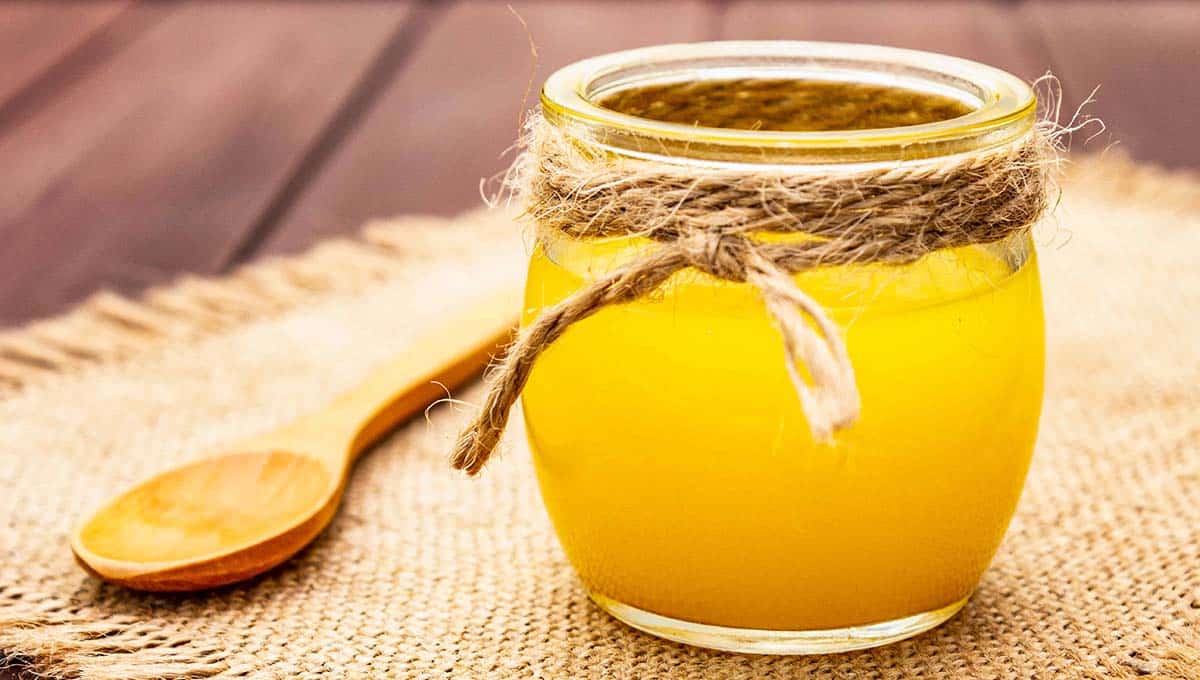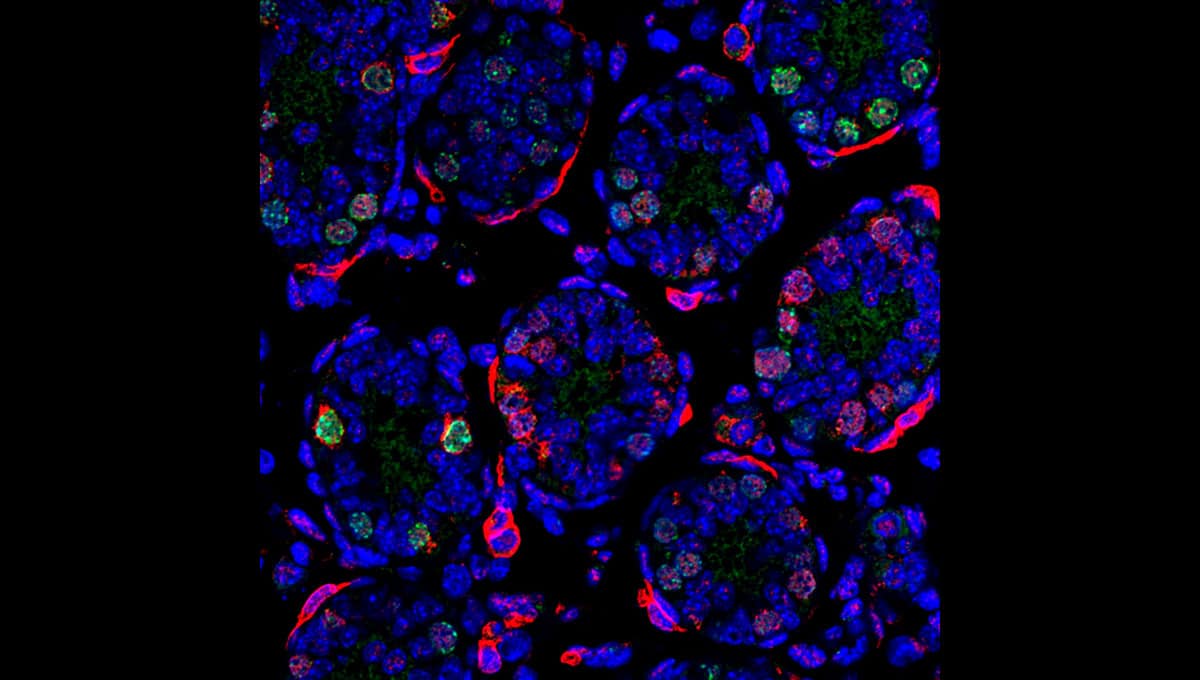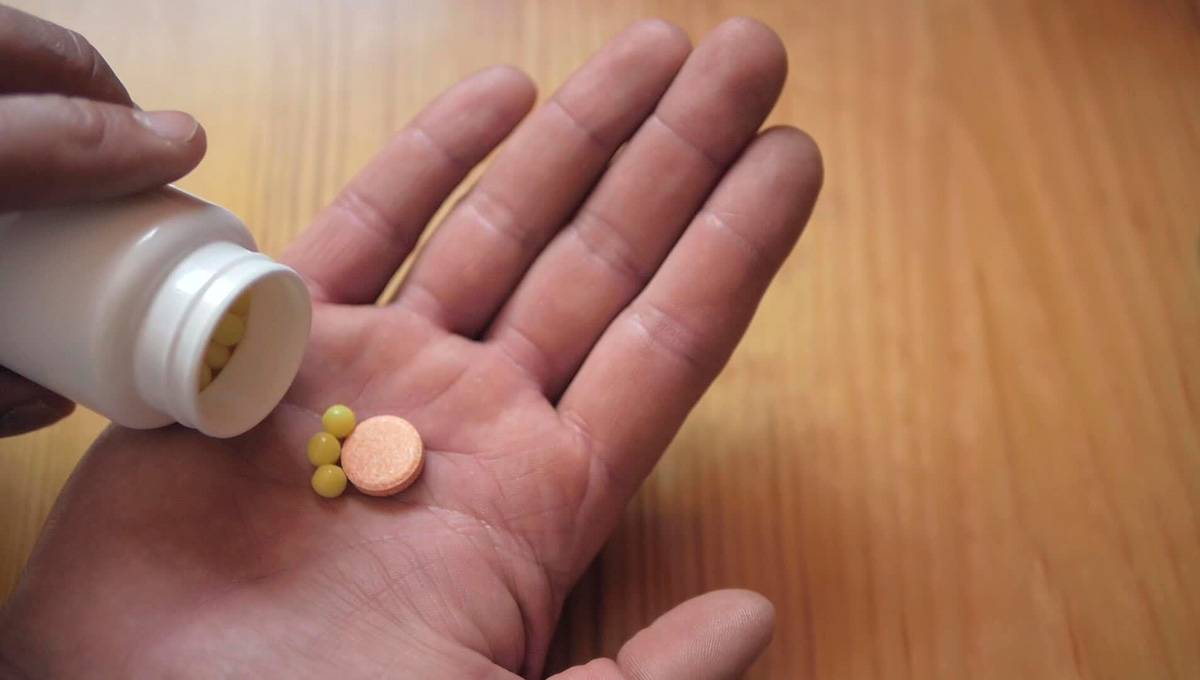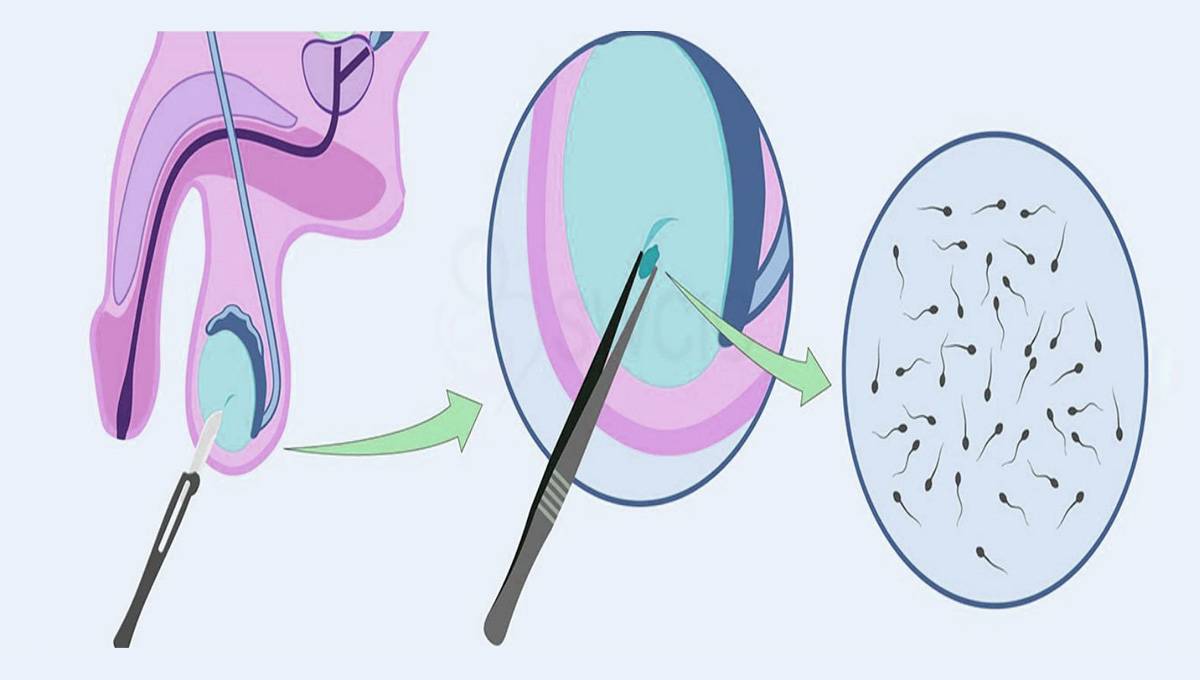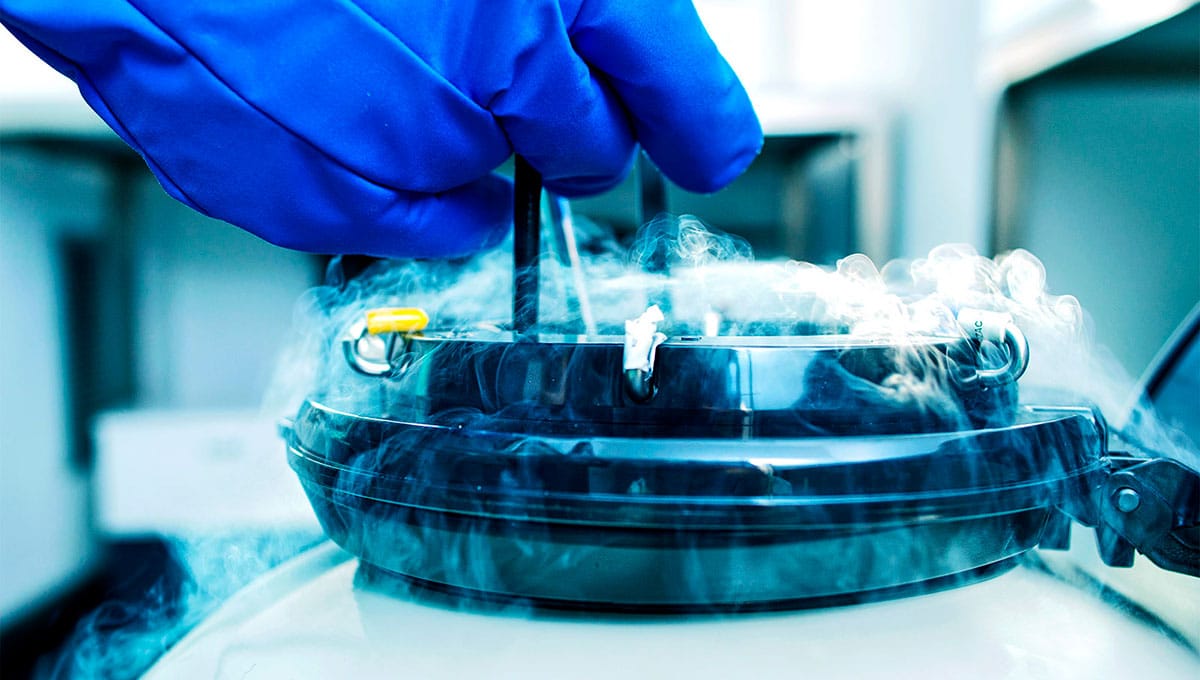Contents
Ayurveda is a form of alternative medicine based on ancient teachings originating in India. Ayurveda has grown in popularity worldwide and it involves natural remedies and a holistic approach to health. Recent evidence has shown that Ayurveda can help in the treatment of numerous health problems including fertility issues.
What is Ayurveda?
Ayurveda, or Ayurvedic medicine, is a traditional and natural medical practice which is more than 3,000 years old. Ayurveda is a Sanskrit word which translates as the “knowledge of life”.
Ayurveda uses a holistic approach which focuses on physical, mental and spiritual health. It differs from Western medicine as instead of focusing on diseases, Ayurveda focuses on overall wellbeing and the prevention of diseases.
Ayurvedic therapies also encompass treatments for specific diseases. Ayurvedic principles teach that diseases arise due to an imbalance in the body.
www.amitamin.com/en/fertilsan-m New life deserves the best possible start!We provide the essential building blocks for this.
What are the Ayurvedic principles?
The Five Basic Elements
In Ayurveda, it is believed that everything in the Universe is made up of the five basic elements: Air, Space, Earth, Fire and Water.
This principle extends to humans too. In Ayurvedic medicine, these five elements make up the doshas which form the prakruti.
Prakruti
Your prakruti is your overall constitution which consists of everything that make you you, both psychologically and physically. Your prakruti is decided at the moment of conception and essentially stays the same throughout your life. A person”s prakruti is made up of the doshas.
Doshas
There are three doshas which make up each person”s prakruti. The doshas are known by their original Sanskrit names which are vata, kapha and pitta.
Each person has a combination of the three doshas. However one dosha is usually stronger than the others and this is your dominant dosha.
This will determine aspects of your physical and mental health and illnesses you may be more susceptible to. Your dosha is also linked to certain lifestyle factors which will maximise your health including specific diet and exercise recommendations.
When the levels of your doshas are not in their usual balance, this is when diseases arise. Ayurveda focuses on returning these doshas to the balance which is normal for you.
The doshas are different combinations of the five basic elements (air, space, earth, fire and water). An Ayurvedic specialist or practitioner can help you to identify your dominant dosha.
Vata
Vata is a combination of the space and air elements and it is the energy of movement. It controls muscles, breathing and heart contractions as well as anxiety and fear.
When in balance:
vata encompasses flexibility and creativity. It promotes comprehension and a healthy balance between thoughts and emotions.
When out of balance:
people can experience anxiety, fear, joint pain, dry skin and digestion problems such as constipation.
A typical vata dominant person is slim, sensitive to the cold, and alert. They may talk, think and walk quickly. However this energy can also manifest itself as anxiety and digestive problems.
To balance vata:
Keep to a routine and manage your anxiety by getting plenty of rest and keeping calm. Keep warm with the help of hot food and drinks and avoid cold weather when possible. The proportion of vata in general tends to increase with age.
Kapha
Kapha is a combination of the earth and water elements. It is a stabilising energy which controls the physical structure of the body and determines growth and strength, as well as the immune system. It lubricates the body and carries nutrients into the bloodstream.
When in balance:
kapha promotes a strong and solid constitution and a calm and loyal attitude with an emphasis on compassion and patience.
When out of balance:
people are susceptible to obesity, sinus problems, diabetes and respiratory problems such as asthma. Emotional issues can arise including greed and insecurity.
A typical kapha dominant person has a solid and strong build and is generally calm and supportive for others. They are wise and loving, but they are also vulnerable to excessive sleep, allergies and weight gain.
To balance kapha:
Eat lighter healthy meals and exercise regularly. Avoid daytime naps and maintain a regular night time routine for regular and healthy sleep patterns. Vary your routine incorporating activities such meditation.
Pitta
Pitta is a combination of the fire and water elements. It controls the digestive, metabolic and endocrine systems in the body.
When in balance:
Pitta promotes efficient metabolism, understanding and intelligence as well as strong leadership.
When out of balance:
Problems include anger, jealousy and burnout. Physical issues which can arise include ulcers, inflammation, bleeding disorders, rashes, heartburn, arthritis and digestive problems such as diarrhoea.
A typical pitta dominant person has a medium muscular build and oily skin which is prone to acne. They tend to have a fiery temperament and good appetite linked to their athleticism. A pitta dominant person tends to be competitive and a generally high achiever but also prone to conflict, mood swings linked to hunger and sensitive to heat.
To balance pitta:
Take colder showers and avoid heat. Free up your schedule to allow time to relax and ensure a healthy work- life balance. Avoid hot and spicy foods.
Ayurvedic interventions
Preventative measures
Ayurveda places a strong emphasis on preventative measures as a way to promote health and prevent problems from occurring later in life.
These preventative measures include:
– A specialised diet tailored towards your dominant dosha
– Mindful eating
– Exercise including yoga
– Herbal therapies
– Massages
– Meditation
Curative measures
Ayurveda specialists can identify a number of curative measures which can help to address a specific health concern.
Curative interventions include:
– Herbal therapies
– Oil treatments
– Bowel cleansing
– Steam treatments
Efficacy of Ayurvedic Interventions
Ayurveda is an ancient form of medicine but surprisingly, the scientific research that has been conducted on Ayurvedic practices is very limited.
There is some evidence supporting Ayurvedic interventions in areas of health including heart disease 1 DuBroff R, Lad V, Murray-Krezan C. A Prospective Trial of Ayurveda for Coronary Heart Disease: A Pilot Study. Alternative Therapies in Health and Medicine. 2015. 21(5): 52-62., rheumatoid arthritis 2 Kumar G, Srivastava A, Sharma SK, Rao TD, Gupta YK. Efficacy & safety evaluation of Ayurvedic treatment (Ashwagandha powder & Sidh Makardhwaj) in rheumatoid arthritis patients: a pilot prospective study. Indian Journal of Medical Research. 2015. 141(1): 100-106. and weight loss 3 Rioux J, Howerter A. Outcomes from a Whole-Systems Ayurvedic Medicine and Yoga Therapy Treatment for Obesity Pilot Study. Journal of Alternative and Complementary Medicine. 2019. 25(1): S124-S137.. Furthermore many Ayurvedic interventions have been incorporated into mainstream health advice including mindful eating, yoga and meditation.
In terms of fertility, many Ayurvedic interventions aim to reduce stress and improve mental health. Stress has already been well established as an important factor affecting fertility 4 Lynch CD, Sundaram R, Maisog JM, Sweeney AM, Buck Louis GM. Preconception stress increases the risk of infertility: results from a couple-based prospective cohort study—the LIFE study. Human Reproduction. 2014. 29(5): 1067-1075..
Therefore any Ayurvedic interventions which encourage good mental health could potentially improve fertility. In recent years, there have been a number of studies investigating the effects of Ayurvedic interventions on fertility.
Ayurveda and male fertility
Necrozoospermia case study
In a study published in 2019, Doddamani et al studied the effects of Ayurvedic therapies on a 56 year old man with necrozoospermia 5 Doddamani SH, Shubhashree MN, Giri SK, Naik R, Bharali BK. Ayurvedic management of necrozoospermia – A case report. Ayu. 2019. 40(1): 44-47.. Necrozoospermia describes a rare condition where the sperm cells in an ejaculated semen sample are dead or immotile.
The patient was given an Ayurvedic purification intervention, known as Shodhana. This involved castor oil being orally administered with water to encourage bowel emptying. He was also given oral Ayurvedic remedies including medicated ghee.
The patient was treated for 3 and a half months in total. At the end of the study, the team found that the patient”s sperm count had drastically increased from 2 million to 9 million sperm per mililitre of semen. The patient”s sperm motility had also increased, from having 100% non-motile sperm at the start of the study to 45% non-motile sperm at the end of the course of treatment.
The study results are promising, however they are based on a single patient. Nonetheless the improvements in both sperm count and motility are significant and warrant further research.
Oligozoospermia study
In another study published in 2019, Varsakiya et al investigated the impact of Ayurvedic interventions on oligozoospermia in 42 male patients 6 Varsakiya JN, Goyal M, Thakar A, Donga S, Kathad D. Efficacy of Virechana (therapeutic purgation) followed by Go-Ghrita (cow ghee) in the management of Ksheena Shukra (oligozoospermia): A clinical study. Ayu. 2019. 40(1): 27-33.. Oligozoospermia means a low sperm count which consists of less than 15 million sperm cells per militre of semen.
The 42 men in the study were aged between 21 and 40 years old. The patients were first treated with Ayurvedic therapeutic purgation, known as Virechana. This stimulated healthy digestion and involved the use of an Ayurvedic oral remedy called Trikatu Churna.
Following this, cow ghee was orally administered in an increasing dose regimen for 8 weeks. Whole body massages were also incorporated into the treatment plan as well as a specified diet rich in vegetables.
The results showed a drastic improvement in the quality and quantity of the patients” sperm. The total sperm count increased by 80.92%, sperm motility increased by 41.78% and semen volume rose by 45.22%. The appearance of sperm cells, known as sperm morphology, also significantly improved.
This is a small study but the results are dramatic and very promising. Sperm cells normally require 3 months before the effects of any lifestyle changes are visible, but this study achieved impressive results in only 2 months.
Further research using a larger randomised controlled trial is needed to replicate these results and determine exactly which Ayurvedic interventions are responsible for the improvement in sperm parameters.
Ashwagandha studies
In a study published in 2013, Ambiye et al studied the effects of Ashwagandha 7 Ambiye VR, Langade D, Dongre S, Aptikar P, Kulkarni M, Dongre A. Clinical Evaluation of the Spermatogenic Activity of the Root Extract of Ashwagandha (Withania somnifera) in Oligospermic Males: A Pilot Study. Evidence-Based Complementary and Alternative Medicine. 2013: 571420.. Ashwagandha is also known as Withania somnifera or Indian Ginseng and it is a plant commonly used in Ayurvedic remedies for stress, anxiety, fatigue and arthritis.
In this study, 46 male patients were randomised to either receive treatment with Ashwagandha (675 mg per day in 3 doses) for 90 days or a placebo. After 90 days, there was a 167% increase in sperm count, 53% increase in semen volume and 57% increase in sperm motility.
It is likely that the impact of Ashwagandha on fertility is linked to its ability to reduce stress. In another study conducted by Mahdi et al, the effects of Ashwagandha on stress-related male infertility were examined 8 Mahdi AA, Shukla KK, Ahmad MK, Rajender S, Shankhwar SN, Singh V, Dalela D. Withania somnifera Improves Semen Quality in Stress-Related Male Fertility. Evidence-Based Complementary and Alternative Medicine. 2011..
The team analysed data from 60 infertile men with normal sperm counts. The patients were given 5 grams of Ashwagandha root powder per day for 3 months.
At the end of the study, stress levels had reduced and antioxidant levels had increased. Sperm concentration increased by as much as 36% and motility increased by 13% in men with higher levels of psychological stress. Furthermore 14% of the patients in the trial conceived with their partner by the end of the study.
In both of these studies, the effects of Ashwagandha are significant. Ashwagandha supplements are widely available on the market therefore it is important that more research is conducted on its effects and the optimum dosage.
Ayurveda and female fertility
Infertility case study
In a study conducted in 2015 by Kessler et al, the team investigated a 38 year old woman with infertility of unknown origin 9 Kessler C, Stapelfeldt E, Michalsen A, Kowalcek I, Kronpaß L, Dhruva A. The Effect of a Complex Multi-modality Ayurvedic Treatment in a Case of Unknown Female Infertility. Complementary Medicine Research. 2015. 22(4)..
The patient had been trying to conceive for some time, having received 18 conventional fertility treatments in 5 different fertility centres across 3 countries. The fertility treatments included 11 IVF procedures.
After these had proved to be unsuccessful, the patient decided against conventional fertility treatments and explored alternative therapies including Ayurveda. At an Ayurveda outpatient clinic, the patient received a complex Ayurveda treatment.
This involved a combination of dietary and lifestyle advice, massages, oil applications, yoga, herbal remedies and breathing exercises. Ten months later, the patient gave birth to a healthy baby boy via a routine and uncomplicated Caesarean section.
This study is only based on a single patient. However the potential ability of Ayurveda to improve fertility when conventional medicine has failed is promising and worthy of further research.
PCOS study
In 2010 Siriwardene et al investigated the effect of Ayurveda on women with PCOS, or polycystic ovary syndrome 10 Siriwardene SA, Karunathilaka LPA, Kodituwakku ND, Karunarathe YAUD. Clinical efficacy of Ayurveda treatment regimen on Subfertility with Poly Cystic Ovarian Syndrome (PCOS). Ayu. 2010. 31(1):24-27.. PCOS is a condition which involves follicles developing on the ovaries. This interferes with hormone levels and can result in fertility problems due to irregular ovulation, excess hair growth and weight gain.
The team included 40 patients with subfertility due to PCOS in their trial and they administered Ayurvedic therapies for a total of 6 months. This included oral herbal remedies to induce purification of the body and improve immunity.
At the end of the study, patients reported an improvement in their PCOS symptoms including menstrual regularity and body mass index (BMI). 85% of patients no longer suffered from subfertility and 75% of patients managed to successfully conceive.
This study shows promise in improving fertility and PCOS symptoms in a relatively short time frame of only 6 months. However more studies are needed to fully investigate the link between Ayurvedic therapies and subfertility in PCOS patients.
Conclusion
Ayurveda is a promising therapeutic option with wide-ranging benefits. In the field of fertility which is dominated by physically, psychologically and financially challenging treatments, Ayurveda offers a radically different approach.
In Ayurvedic therapies the wellbeing of the patient is at the forefront of treatment goals, with physical and mental health being seen as the key to healthy fertility levels. However more research is needed to confirm the positive effects of Ayurveda on fertility.
If you want to try Ayurvedic therapies, start with harmless interventions such as mindful eating, yoga, breathing exercises and meditation. Stress is linked to fertility therefore by focusing on your wellbeing you are giving yourself a good chance of conceiving.
If you decide to try more intensive Ayurvedic therapies, it is important to find a reputable Ayurveda practitioner. Make sure you find a practitioner who is registered with the Ayurvedic Professionals Association.
It is also important to check that any herbal remedies you consume are not harmful. Make sure you only purchase these remedies from a reputable seller and inform your GP or fertility doctor of any remedies you are taking. It is a good idea to take the packaging of any herbal remedies with you to your next appointment.

Dr. Jones is an experienced consultant in assisted reproduction.
He has worked as a Fertility specialist at Kingston Hospital Assisted Conception and nearly 10 years experience of working in Obstetrics and Gynaecology across hospitals in the UK.
He completed his Masters in Assisted Reproduction Technology and then his PhD, from Imperial College London. Dr. Jones main areas of interest are Single Embryo Transfer, Endometriosis, PCOS and Implantation failure in IVF patients. He is a member of the British Fertility Society and an associate member of the Royal College of Obstetrics and Gynaecology.
Bibliography
- 1DuBroff R, Lad V, Murray-Krezan C. A Prospective Trial of Ayurveda for Coronary Heart Disease: A Pilot Study. Alternative Therapies in Health and Medicine. 2015. 21(5): 52-62.
- 2Kumar G, Srivastava A, Sharma SK, Rao TD, Gupta YK. Efficacy & safety evaluation of Ayurvedic treatment (Ashwagandha powder & Sidh Makardhwaj) in rheumatoid arthritis patients: a pilot prospective study. Indian Journal of Medical Research. 2015. 141(1): 100-106.
- 3Rioux J, Howerter A. Outcomes from a Whole-Systems Ayurvedic Medicine and Yoga Therapy Treatment for Obesity Pilot Study. Journal of Alternative and Complementary Medicine. 2019. 25(1): S124-S137.
- 4Lynch CD, Sundaram R, Maisog JM, Sweeney AM, Buck Louis GM. Preconception stress increases the risk of infertility: results from a couple-based prospective cohort study—the LIFE study. Human Reproduction. 2014. 29(5): 1067-1075.
- 5Doddamani SH, Shubhashree MN, Giri SK, Naik R, Bharali BK. Ayurvedic management of necrozoospermia – A case report. Ayu. 2019. 40(1): 44-47.
- 6Varsakiya JN, Goyal M, Thakar A, Donga S, Kathad D. Efficacy of Virechana (therapeutic purgation) followed by Go-Ghrita (cow ghee) in the management of Ksheena Shukra (oligozoospermia): A clinical study. Ayu. 2019. 40(1): 27-33.
- 7Ambiye VR, Langade D, Dongre S, Aptikar P, Kulkarni M, Dongre A. Clinical Evaluation of the Spermatogenic Activity of the Root Extract of Ashwagandha (Withania somnifera) in Oligospermic Males: A Pilot Study. Evidence-Based Complementary and Alternative Medicine. 2013: 571420.
- 8Mahdi AA, Shukla KK, Ahmad MK, Rajender S, Shankhwar SN, Singh V, Dalela D. Withania somnifera Improves Semen Quality in Stress-Related Male Fertility. Evidence-Based Complementary and Alternative Medicine. 2011.
- 9Kessler C, Stapelfeldt E, Michalsen A, Kowalcek I, Kronpaß L, Dhruva A. The Effect of a Complex Multi-modality Ayurvedic Treatment in a Case of Unknown Female Infertility. Complementary Medicine Research. 2015. 22(4).
- 10Siriwardene SA, Karunathilaka LPA, Kodituwakku ND, Karunarathe YAUD. Clinical efficacy of Ayurveda treatment regimen on Subfertility with Poly Cystic Ovarian Syndrome (PCOS). Ayu. 2010. 31(1):24-27.


